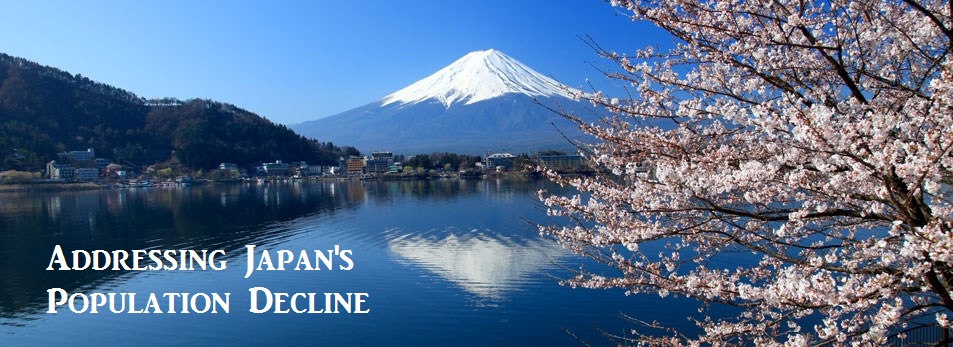Deconstructive Ecofeminism: A Japanese Critical Interpretation – Masatsugu Maruyama
This idea bridges well with the views posed by Maruyama in his article, “Deconstructive Ecofeminism”. This idea encompasses that hierarchical dualism is the root of oppression and must be transcended. Deconstruction of dualism, a mutual self, and care ethic are the points that ecofeminists prefer over more oppressive perspectives that lead to a divided society. When compared to the doctrine of the indigenous Shinto beliefs in Japan, there are instances where the deconstruction of dualism exists in the religion. Shinto emphasizes a fair treatment of people, as well as the environment. However, Maruyama criticizes the effectiveness of deconstructive ecofeminist arguments compared to Shinto and explains discussion areas that need to be improved. One of the areas of dualism that must be transcended according to the ecofeminists is culture/nature. The topic of care ethic explores the different standpoints of how individuals show care for the environment. In Japanese Shinto and Buddhism, the phrase “Japanese love of nature” is argued as a love for a formed nature or a love for the aesthetic of nature. This affection of nature is not concretely defined, nor is the gender to nature relationship defined as essentialist or conceptualist. This relates to Nightingale’s and Rocheleau’s idea of females having a learned vs. biological role in the environment. It is also interesting to note that one of the main discourses in Shinto is the Sun Goddess in which the agricultural society regards highly. Despite the Sun Goddess being female and emperors being regarded as descendants and thereby women, Shinto also prohibits women from certain aspects of agriculture due to their “pollution” (menstruation). I found this exploration into the Shinto very eye-opening for this topic, as it proves that there is not just one side to feminism.
A Feminist Political Ecology Perspective
Dianne Rocheleau, Barbara Thomas-Slayter, and Esther Wangari
From Dianne Rocheleau, Barbara Thomas-Slayter, and Esther Wangari, eds. Feminist Political Ecology: Global Issues & Local Experiences © 1996 by Routledge. Used by permission of Taylor & Francis.
